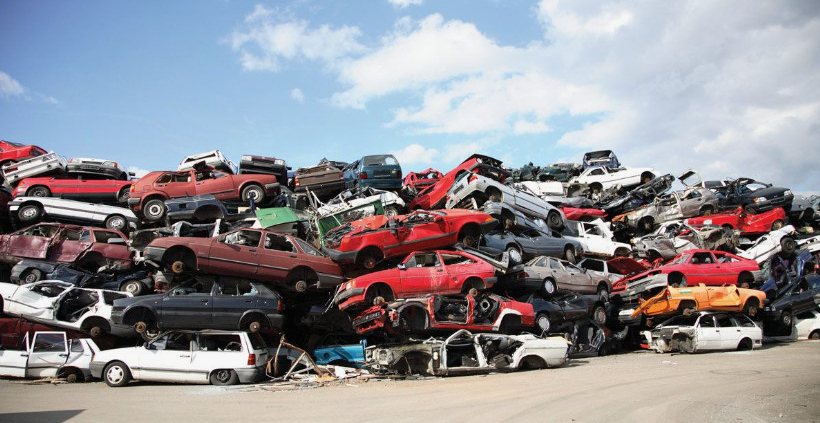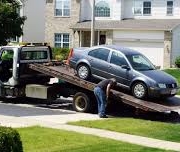The Role of Car Recycling in Reducing Automotive Waste
The global automotive industry has transformed how we live, work, and travel. Yet, with millions of vehicles reaching the end of their lifespan every year, automotive waste has become a serious environmental concern. From old engines and tires to plastics and metals, discarded cars often end up in landfills, contributing to pollution and wasted resources. Thanks to services such as cash for scrap cars Canberra, vehicle recycling has now emerged as an effective solution to reduce waste, conserve resources, and promote sustainability.
Understanding Automotive Waste
When a car is no longer roadworthy, it doesn’t mean it has lost all value. A vehicle is made of more than 70% recyclable materials, including steel, aluminum, rubber, and glass. Without proper recycling, these materials end up in landfills, posing environmental hazards. Fluids like engine oil, brake fluid, and coolant can contaminate soil and water if not disposed of responsibly. Automotive waste management, therefore, requires a system that not only extracts useful materials but also ensures hazardous elements are safely handled.
Why Car Recycling Matters
Car recycling plays a crucial role in addressing the growing issue of waste management. Here are a few reasons why it is essential:
- Resource Conservation – Recycling allows valuable metals such as steel and aluminum to be reused. This reduces the need for mining and conserves natural resources.
- Energy Savings – Producing new metals from raw materials requires far more energy compared to recycling existing ones. Recycled steel, for instance, saves up to 74% of the energy needed for fresh production.
- Pollution Reduction – Recycling prevents harmful chemicals from leaking into the environment and reduces the volume of waste sent to landfills.
- Economic Value – The recycling industry generates jobs and supports circular economy models where waste is turned into useful products.
The Step-by-Step Recycling Process
The process of recycling a vehicle is carefully structured to maximize value and minimize environmental impact:
- Vehicle Collection – Old or damaged cars are collected by recycling companies.
- Depollution – Fluids and hazardous components are drained safely to avoid contamination.
- Dismantling – Usable parts such as engines, batteries, and tires are removed for resale or refurbishment.
- Shredding and Sorting – The remaining body is crushed and shredded, after which magnets and other technology separate metals from non-metals.
- Recycling and Reuse – Extracted metals and materials are sent to manufacturers for reuse in new products, including new cars.
This streamlined approach ensures that up to 80–90% of a vehicle’s materials can be reused, making it one of the most effective recycling processes worldwide.
Car Recycling in Australia
In Australia, automotive waste management has gained significant attention due to increasing numbers of vehicles reaching end-of-life. Services such as cash for scrap car removal Canberra make recycling convenient for car owners by offering free removal, instant payments, and environmentally responsible disposal. This not only helps individuals get rid of unwanted vehicles but also contributes to reducing the burden of waste on local communities.
Environmental and Economic Benefits
The impact of recycling vehicles extends beyond waste reduction. By lowering energy consumption and minimizing landfill use, recycling helps fight climate change and protects natural ecosystems. Economically, it creates opportunities in industries ranging from metal production to spare parts sales. Car recycling also supports innovation in green technologies, as recycled materials are often used in new manufacturing processes.
Busting Common Myths About Car Recycling
Many people mistakenly believe that an old or damaged car has no value. In reality, even non-functional vehicles contain valuable materials that can be recycled profitably. Others assume the recycling process is complex or costly, but most reputable services provide free collection and simple procedures. By dispelling these myths, more car owners can make informed choices that benefit both themselves and the environment.
Final Thoughts
The role of car recycling in reducing automotive waste cannot be overstated. It not only conserves valuable resources but also protects the planet from harmful pollutants. For car owners, recycling provides a chance to turn an unwanted vehicle into instant cash while ensuring eco-friendly disposal. That’s why local services like cash for cars Canberra are more than just convenient—they are essential partners in creating a cleaner, more sustainable future.









Leave a Reply
Want to join the discussion?Feel free to contribute!